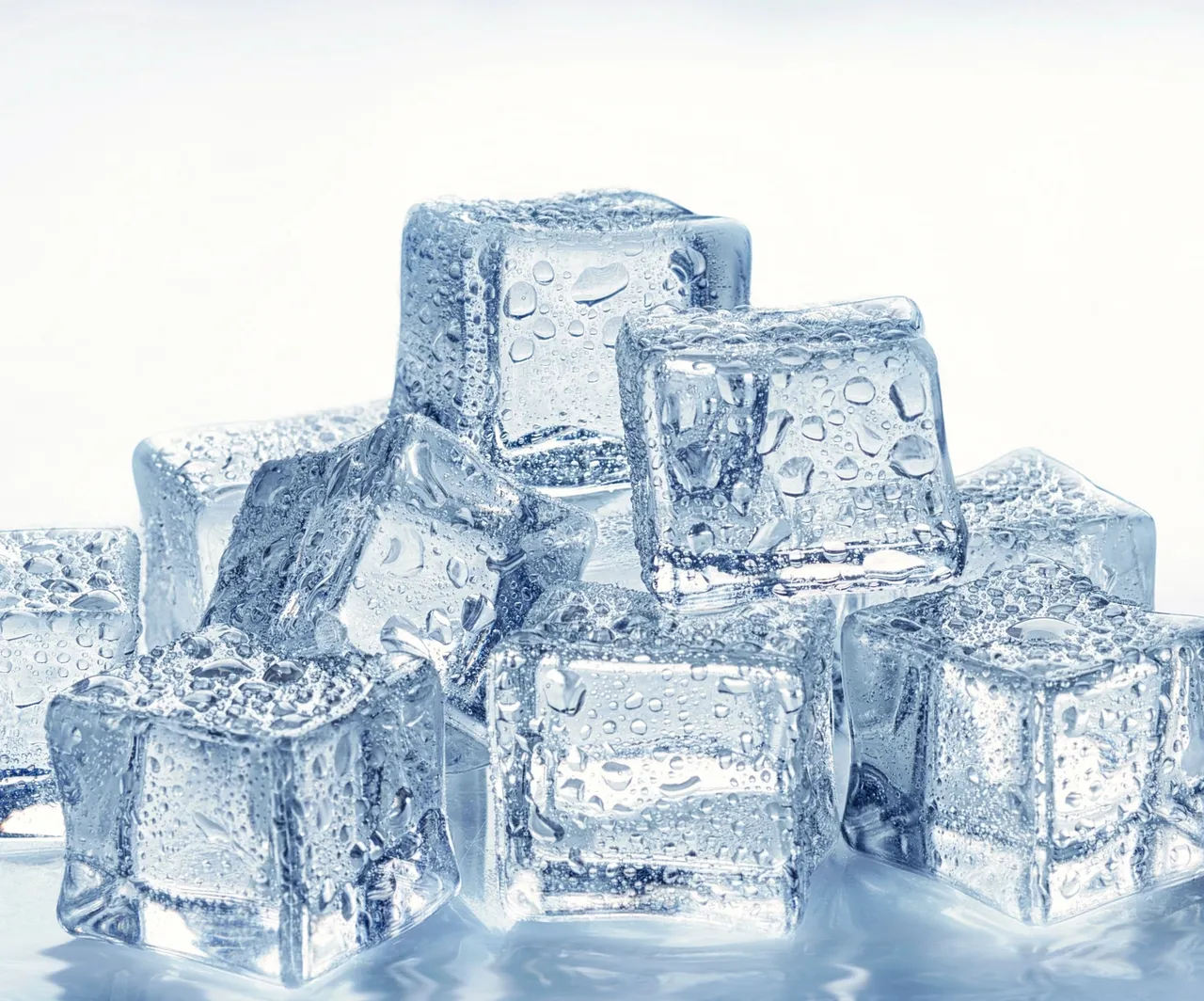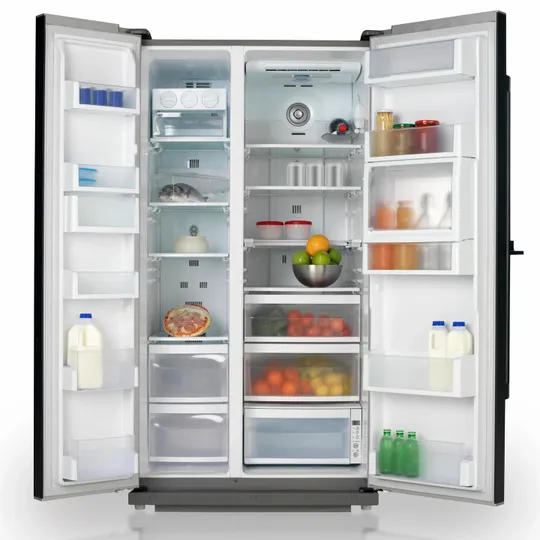
Refrigeration has revolutionized the way we store and preserve food, making it possible to extend its shelf life and ensure its safety so that we do not get sick. Keeping food cold hasn’t always been as easy as it is today. Throughout the years, refrigeration technology has made significant advancements, evolving from the use of ancient ice houses to the creation of today’s modern refrigerators.
At JAC Services, we understand the appreciation people have for this modern marvel because we work with refrigeration systems every day. Although we are fortunate enough to have modern refrigeration, have you ever wondered how we used to keep our food cold before the invention of the fridge?
This article answers your questions by delving into the history of refrigeration from the very start and highlighting key milestones and breakthroughs that have shaped this essential aspect of our lives.
Ancient Beginnings
We can trace the concept of refrigeration all the way back to ancient civilizations, where people relied on natural ice and cold storage techniques to keep their food fresh. Even in ancient times, people needed methods to keep their food chilled. Therefore, different countries developed methods to accomplish this.
In ancient China, around 1,000 B.C., ice was harvested during winter and stored in ice houses to remain frozen for extended periods to use throughout the year. Similarly, in ancient Egypt, perishable goods were placed in underground chambers, taking advantage of the cooler temperatures of the desert.
Ice Harvesting and The Birth Of The Ice Trade

The 19th century saw significant developments in the field of refrigeration. Ice harvesting became a thriving industry, with massive ice blocks cut from frozen lakes and ponds during winter.
These blocks were then stored in icehouses, often insulated with sawdust, hay, or straw, to delay melting during warmer months. This ice was then distributed to homes and businesses, allowing them to preserve food and chill beverages.
Refrigeration and The Industrial Revolution
Refrigeration technology made remarkable advancements during the late 18th and early 19th centuries due to the Industrial Revolution. In 1805, Oliver Evans, an American inventor, designed the first refrigeration machine, but it was not practical for widespread use. This machine did, however, lay the foundation for future innovations.
Ice harvesting was also a popular tool for transporting large chunks of ice in many areas of the world. In New England, ice was transported by horse-drawn carriages to storehouses. Then, trains, boats, and horses delivered the ice to its destination.
Big ice storehouses were built in urban areas and on the properties of the affluent to store the ice for approximately a day (because that’s the longest they could keep the ice frozen). They constructed insulated storage areas using materials like straw, stone, and wool, and some individuals even excavated underground storehouses for better insulation. Iceboxes were also commonly found in homes, similar to modern-day coolers, to keep food cold.
The breakthrough in refrigeration technology came in the mid-19th century with American physician John Gorrie who invented the first practical ice-making machine. This invention utilized compression and expansion cycles to cool air, leading to the production of ice. Although primarily intended for medical purposes, Gorrie’s innovative invention sparked interest in commercial refrigeration applications.
Refrigeration Advancements and Household Adoption

In the late 19th century, several inventors made significant contributions to refrigeration technology. Carl Von Linde, a German engineer, developed the first practical and efficient refrigeration system using liquefied ammonia. His invention laid the groundwork for the industrial-scale production and distribution of refrigeration systems. As the development of modern refrigeration systems progressed, the practice of harvesting ice eventually diminished.
The early 20th century witnessed the adoption of refrigeration technology in households. Companies such as General Electric and Frigidaire introduced home refrigerators, initially powered by gas absorption systems and later by electricity. These appliances transformed how people stored food at home, providing convenience and reducing the reliance on iceboxes.
Refrigeration In The Modern Era
Refrigeration technology continued to advance rapidly throughout the 20th century. In the 1920s, Freon, a safer refrigerant, was developed by Thomas Midgley Jr., leading to more efficient refrigeration systems. The introduction of the hermetically sealed compressor in the 1930s improved the reliability and performance of refrigerators.
The late 20th century witnessed the rise of energy-efficient refrigeration systems, driven by environmental concerns and energy-saving initiatives. CFCs (chlorofluorocarbons), previously used as refrigerants, were phased out due to their harmful effects on the ozone layer. They were replaced by more environmentally friendly alternatives, such as HFCs (hydrofluorocarbons) and HCFCs (hydrochlorofluorocarbons).

In recent years, technological advancements have enabled the development of smart refrigerators capable of monitoring food inventory, adjusting temperatures, and even ordering groceries online. These innovations have transformed refrigerators into sophisticated appliances that enhance food safety, reduce waste, and enhance the overall experience in the kitchen.
The evolution of refrigeration technology has been a remarkable journey from ancient ice houses to modern-day smart refrigerators. Through the centuries, inventors and engineers have strived to improve the efficiency, convenience, and environmental sustainability of refrigeration systems. From natural ice to mechanical compressors, refrigeration has revolutionized our food storage capabilities and impacted various industries, including agriculture, medicine, and hospitality. As we look to the future, further advancements in refrigeration technology hold the promise of even more efficient and sustainable cooling solutions, benefiting both individuals and the global community. It is exciting to think about what’s to come in refrigeration technology!
At JAC Services, our expertise in modern refrigeration systems is unparalleled. Refrigeration is an integral part of our everyday lives that we certainly cannot live without, which is why it is important to keep our systems up-to-date and maintained so there are no issues. If you need help with refrigeration, are looking for a maintenance check, or have any questions, you can trust JAC Services to provide the best assistance.

